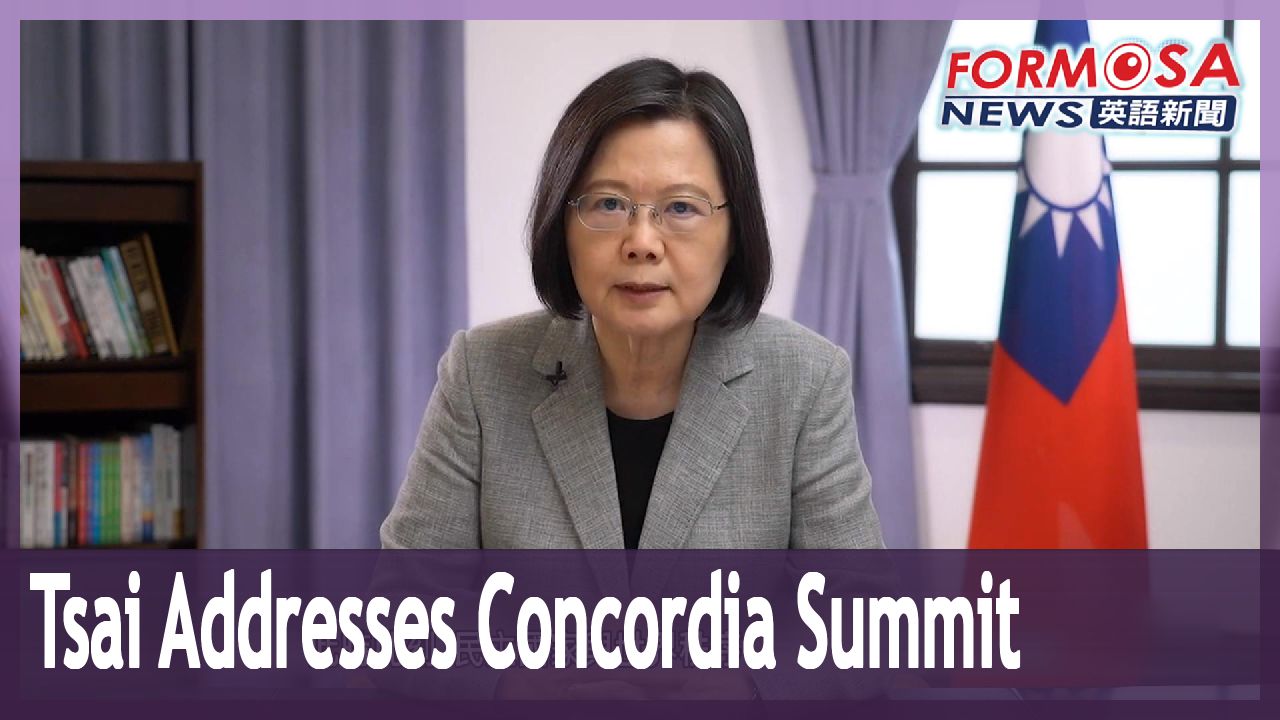Government puts technology in rural schools to foster kids’ self-learning

Government puts technology in rural schools to foster kids’ self-learning
2022-09-20
Rural schools in Taiwan typically have fewer resources, and that means fewer learning opportunities. Now, the education ministry hopes to change that by bringing tablets and fast internet to these schools. The government hopes that through technology, students will have access to more information, and will be motivated to learn more on their own. Today we visit one rural school to see this program in action.
Students at Shih Gang Elementary School in Nantou’s Puli Township prepare for a math class with teacher Lee Yu-ling.
During the class, the teacher uses a digital learning platform, encouraging students to develop self-study skills. With digital technology becoming a growing part of rural school life, educators hope to narrow the rural divide.
Lin Wen
Elementary school student
I love using the LoiLonote and Xuexi Ba apps in class. With the tablet and the Chromebook I can look up lots of information. It’s really fast and convenient.
The education ministry is pushing digital study tools, and aims for every class to have internet access and tablets for students to use. In rural areas, there will be one tablet for each student, and internet access will be fully upgraded.
Shih Chun-chieh
Shih Gang Elementary School
Our school is a rural school. So if every student gets a tablet, upgrading our internet connection to 500 megabytes allows our six-class school to have a smooth experience in using these learning platforms.
Lee Yu-ling
Teacher
In this information age, it’s impossible to teach everything. However, if we teach in this way, imparting self-learning skills on the students, hopefully in the future they will be able to apply that to all their studies, and to every moment. In this way, learning will be something fun and enduring for them.
The education ministry has budgeted NT$14 billion to purchase mobile devices and network infrastructure for schools over the next four years. They hope the investment will pay off in the form of students that are motivated and capable as self-learners.
科技輔助自主學習 有效縮減城鄉教育落差
2022-09-20
教育部全面推動數位學習精進計畫,呼應國際數位學習趨勢,以偏鄉學校數位優先的原則,支援經濟弱勢家庭,以縮減城鄉教育落差,達到公平教育的目標。今天帶您到南投縣埔里鎮的史港國小,看看他們怎麼用平板學習。
南投縣埔里鎮史港國小的同學,在李玉玲老師的指導下,準備開始今天的數學課。
課程中,老師運用數位學習平臺,培養學生的自主學習能力,讓數位學習也能成為偏鄉師生的日常,城鄉教育更為均衡。
[[南投史港國小學生 林雯]]
“我最喜歡用LoiLonote和學習吧上課,因為現在用平板還有Chromebook可以查到很多的資料,而且很快也很方便。”
教育部為推動數位學習精進計畫,達成班班有網路、生生用平板的目標。偏鄉學校的學生每人配有一臺平板,學校的網路建設也得到全面的提升。
[[南投史港國小主任 施君潔]]
“我們學校因為是偏鄉小校,所以可以有,生生都有一臺平板的這個量,以我們這個六班小校的規模來說,我們的網上也有提升到500MB,讓我們可以更順暢的來去使用這些平臺。”
[[南投史港國小老師 李玉玲]]
“在這個資訊爆炸的時代,其實知識學問是怎麼教都教不完的,但是我們透過這樣,教會孩子自主學習的方式,希望他們能夠應用到未來的每一個學科,或者是每一個階段,讓每一個孩子在學習的過程裡面,都是快樂的而且是長久的這樣。”
行動載具與網路提升計畫,4年編列了140億元,擴大數位學習場域,也讓同學能自行帶載具回家學習。
Related News










